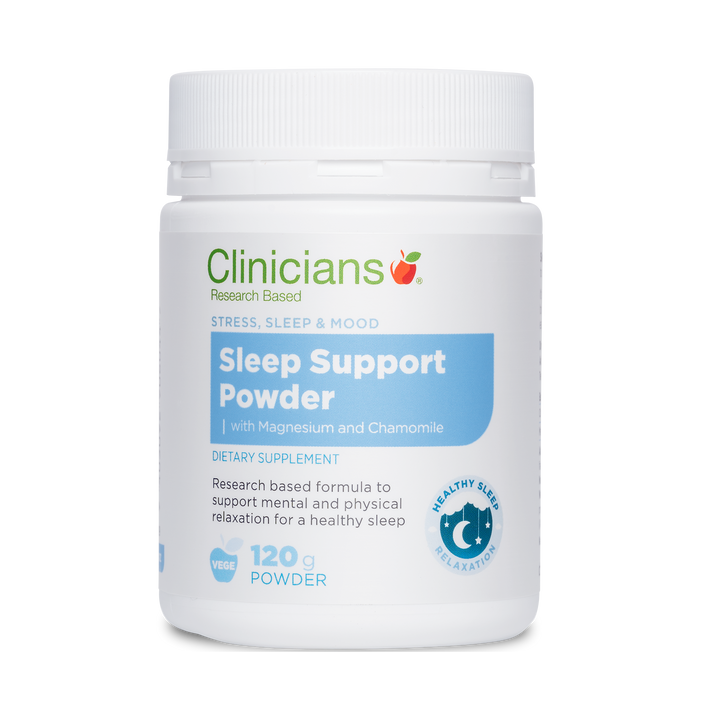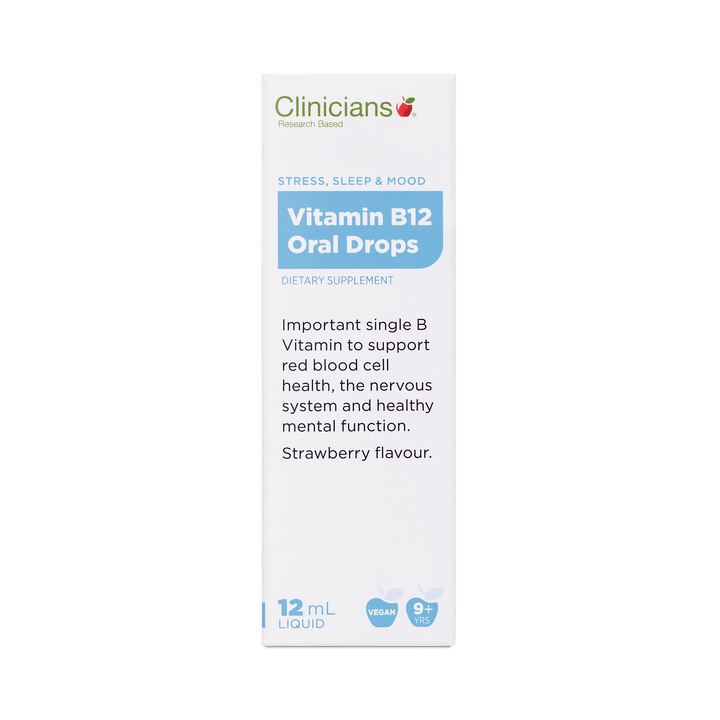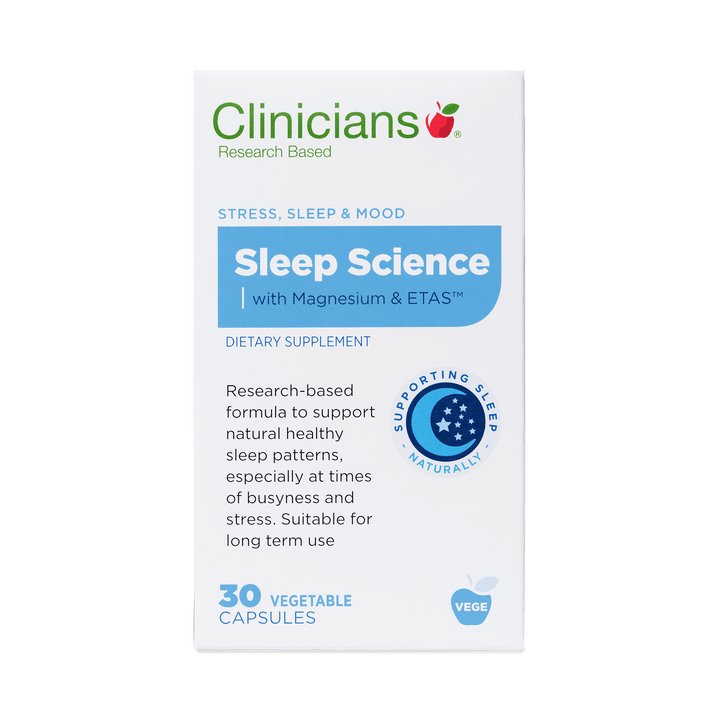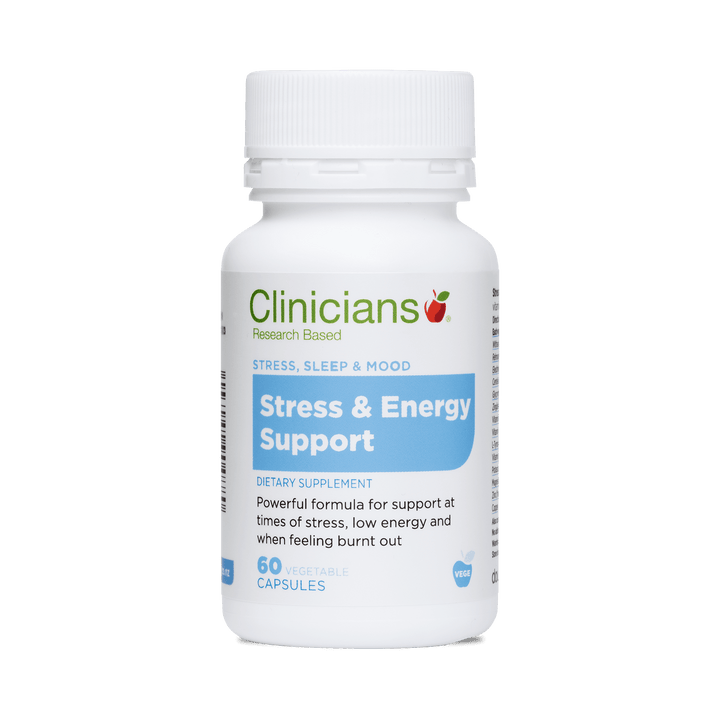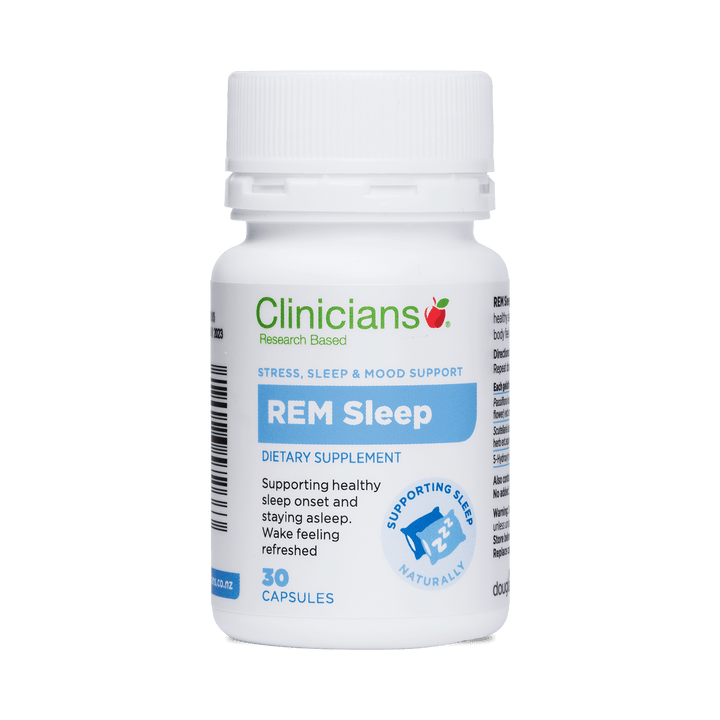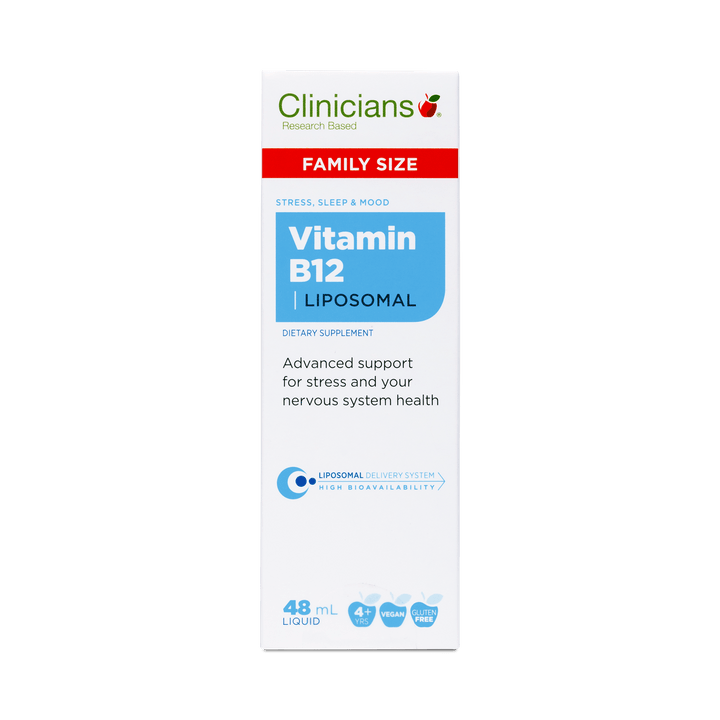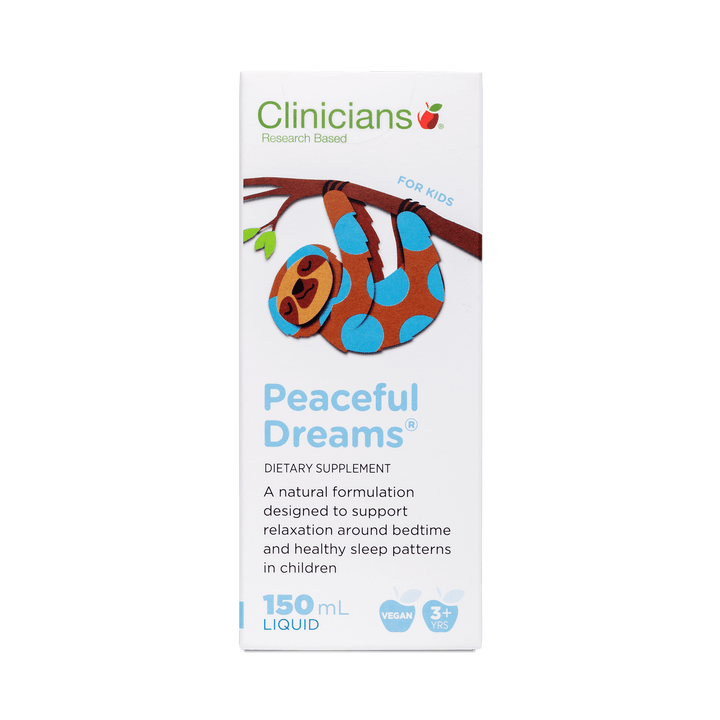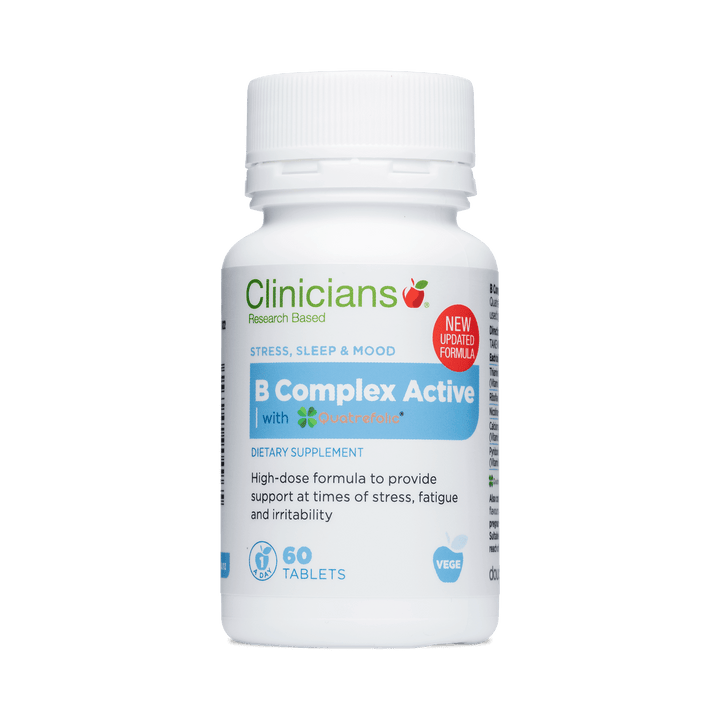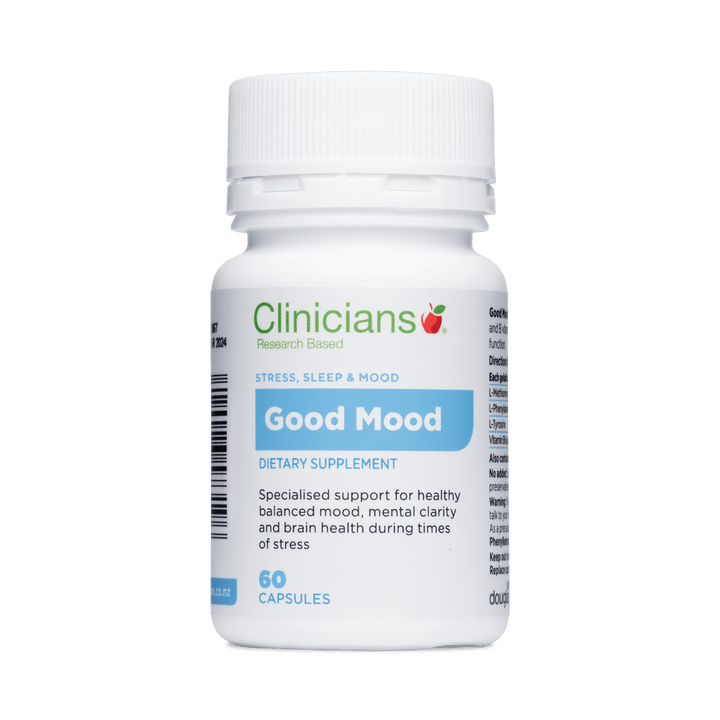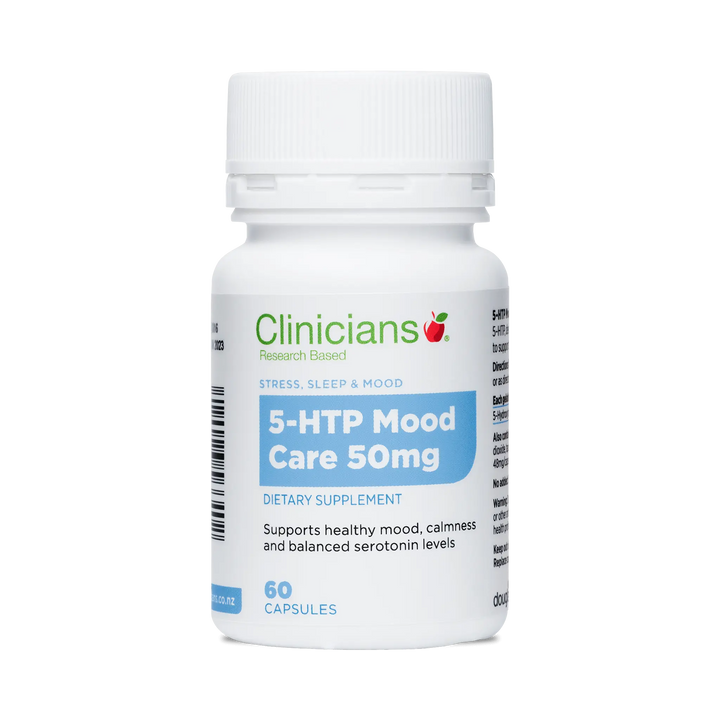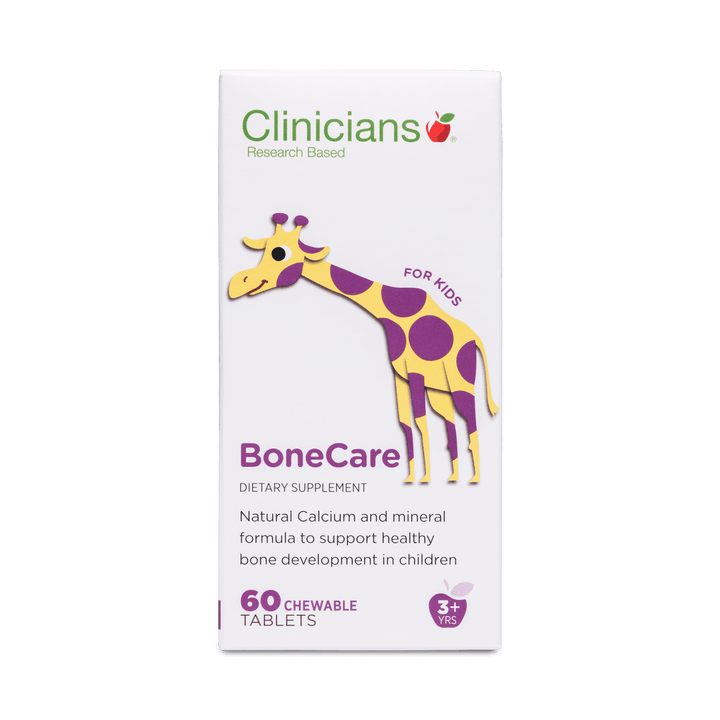A little pressure in life can be motivating, but stress over time can become overwhelming, exhausting, and for some long-term duress ends in burnout. Find out how stress works in the body and what we can do to help.
There are very few people who live a zen life, impervious to daily stress. Most of us will have periods in our lives when work is too busy, family dramas are going on around us or life throws us challenges. Initially, we might have the resilience to deal with the challenge, but inevitably things always come at once and the stress starts to pile up. Mentally we might feel we are dealing with this, but our stress response is not just about mental fortitude it is a physical thing.
What goes on in the body when we are stressed?
Stress response is hard-wired into the body and that wiring is the nervous system. Our nervous system physically connects through the spine and out to different areas of the body. Chemical messengers trigger the nervous system and are produced in the adrenal glands that sit on top of the kidneys. One of the key chemicals produced is cortisol. Cortisol is a stress hormone, so it prepares the body for a fight-or-flight response. It does this by increasing the heart rate, triggering glucose release to fuel our muscles for a quick getaway, and dilates the pupils so we can see our way out of danger. This response may well save your life in a dangerous situation, but when this is a daily response to life stress issues can arise.
The stages of stress

Starting from a place of rest, stress over time can lead us to different us through different stages of stress. As you can see these cover the stages of resistance and exhaustion. Let's look at what happens in each stage.
Resistance
This is the stage we can get into when we start to deal with stress on a daily basis. It is a stage at which we may be producing a lot of cortisol. This is a stimulating hormone that can make us feel very wired (like drinking too many coffees) and can make people feel anxious. Because we are over-alert in this stage, people can often struggle to relax and it can affect sleep too. Some of the signs of being in this stage include:
- Having sleep issues and waking in the night, often around 3am. You feel bright and alert and have trouble getting back to sleep.
- Having trouble switching off to get to sleep.
- Feeling wired, anxious and finding it hard to relax.
- Gaining weight around the middle as cortisol disrupts sugar balance
- Raised blood pressure.
- Sugar/carb cravings
- Craving stimulants like caffeine as you are quite tired or relaxing with alcohol.
- Being in menopause, as switched hormone production puts stress on the adrenals.
Exhaustion
In reality, we all might experience the resistance phase of stress at some time. Ideally, you want to move past the stressful situation and return to normal balance. However, if people continue to push themselves with stress they can go into the exhaustion phase. This is where the adrenal glands begin to tire and their ability to produce cortisol diminishes. Low levels of our "get up and go" hormone means our energy levels are low and our resilience to stress is poor. Some of the signs of being in this stage include:
- Waking feeling exhausted.
- Feeling fatigued all the time.
- Sleep issues
- No resilience to everyday demands.
- Aches and pains
What can we do?
If you have identified with one of these stages, you will be wondering what you can do to support your body. There are different approaches to the Resistance and Exhaustion stages, but here are the common lifestyle tips that can help both stages.
Support for the Resistance and Exhaustion stages
- Balance energy and blood sugar - This can be done by eating regular meals. Include protein with each meal and good fats, as they give a slow release of energy. You can include complex carbohydrates for energy like whole grains, brown rice, kumara and lentils. Minimise sugar and refined carbs as they can cause energy spikes then slumps.
- Avoid or minimise stimulants- Stimulants like caffeine and alcohol trigger the adrenal glands, so are not helpful.
- Increase B vitamins - these are restorative for the nervous system and are a better way of getting energy than caffeine. Food rich in B vitamins include whole grains, bananas, green leafy vegetables, nutritional yeast and avocado. You could also add Clinicians B Complex Active in the mornings for a pick-me-up. B Complex Active | Clinicians – Clinicians - Science you can feel
- Increase Vitamin C - Vitamin C is used by the adrenal glands to such an extent that the body keeps a small local supply. It is used in the process of making our adrenal hormones like cortisol. Increase lots of fresh fruit and vegetables as most of them have good levels of vitamin C. Keeping high levels of vitamin C is especially important in the exhaustion stage, so consider Clinicians Hi-Dose Vit C. Hi-Dose Vit C | Clinicians – Clinicians - Science you can feel
- Increase magnesium-rich foods - Magnesium is lost from the cells when we are stressed, which is why we often have tense muscles. It is needed for physical relaxation and to support healthy sleep patterns. This is why taking magnesium products at bedtime can be helpful for healthy sleep. Magnesium-rich foods include avocado, nuts & seeds, green leafy vegetables, bananas, fish/meat.
- Exercise - This helps release feel-good hormones, but also helps to unwind. If you are in the Resistance phase HIIT type classes might be too over-stimulating and should definitely be avoided in the evening. Try more steady exercise like walking, swimming or biking. Yoga and tai chi are great lower impact exercise for both stages and improve breathing and relaxation.
Extra support for the Resistance stage
If you are at this stage the main concern is to manage cortisol levels. Ideally finding ways to destress with mindfulness, exercise or getting some support is key. However, sometimes we hit problems that won't go away. It is at times like this that adaptogenic herbs are invaluable. These are a category of herbs that work with the adrenal glands to help support balance in our nervous system. Also, relaxing herbs are perfect for when it is hard to switch off. My top suggestions are as follows:
- Ashwagandha (Withania) - This is probably the best adaptogenic herb for this phase as it supports cortisol balance and helps with sleep. This can be found in our Calm & Focus Support. Calm & Focus | Clinicians – Clinicians - Science you can feel
- Rhodiola - This is also another adaptogenic herb and helps with energy. This is why we added it to Menopause Balance. Menopause Balance | Clincians – Clinicians - Science you can feel
- Chamomile - This is very helpful for relaxing and most people know it is a great herb to have as a bedtime tea. Check out Sleep Support powder as a bedtime drink to add to your relaxation routine. Sleep Support Powder | Clinicians – Clinicians - Science you can feel
- ETAS from asparagus stem extra - Helps to balance cortisol levels, so that they don't peak in the night and wake you. This is why we added it to Sleep Science. Sleep Science | Clinicians – Clinicians - Science you can feel
Extra support for the Resistance stage
If you are at this stage the main concern is to nourish and restore the adrenal glands, so that cortisol levels and energy can be restored. It is about building the nervous system up and restoring wellness. This is why B vitamins and vitamin C are very important. Also, magnesium helps those who are struggling with muscle aches. There are some great supporting herbs that can be used here including herbal adaptogens.
- Siberian and Korean Ginseng - These are adaptogenic herbs, but are much more invigorating than ashwagandha. Great for people who have no energy.
- Licorice and Rehmannia - These herbs are tonics for the adrenal glands and licorice in particular is very supportive in the production of cortisol.
- All these herbs can be found in Stress & Energy Support. Stress & Energy Support | Clinicians – Clinicians - Science you can feel
If you are still unclear whether either of these stress stages is where you are at. Or if you need some additional advice on stress support, you can book a chat with one of our naturopath. Ask our Naturopaths | Clinicians – Clinicians - Science you can feel

